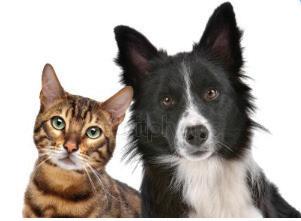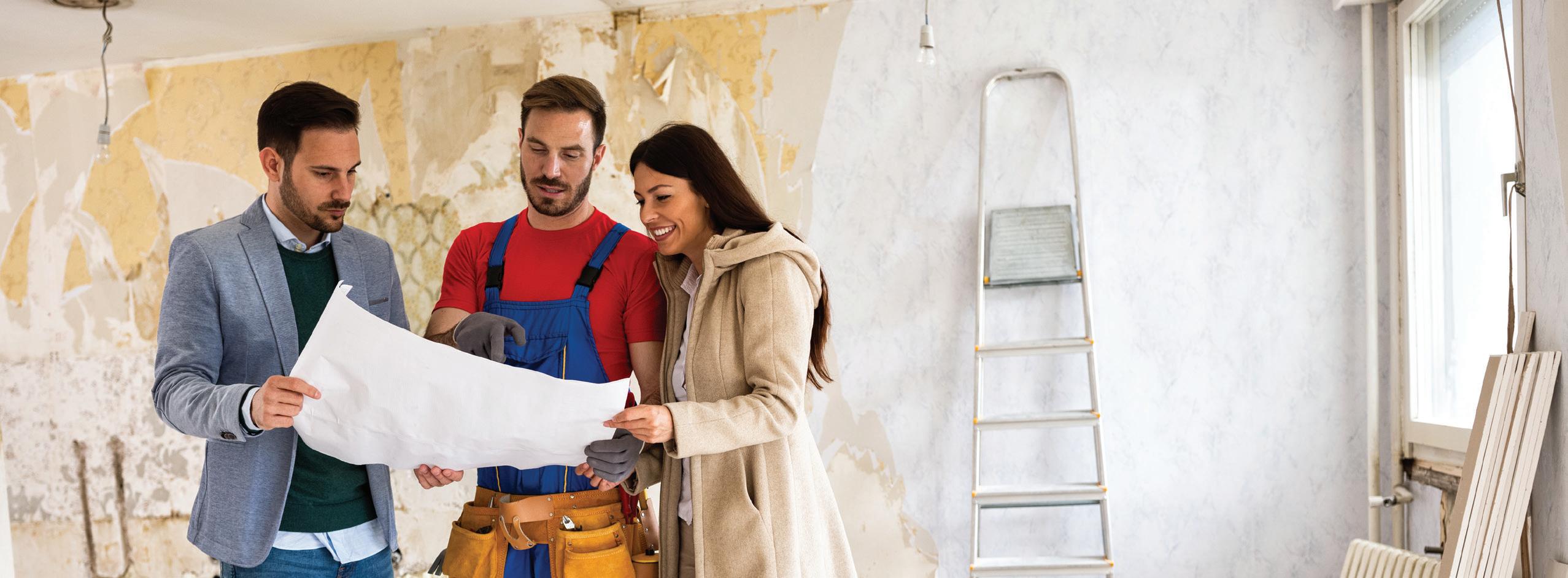
2 minute read
Fear, Anxiety, Stress and Veterinary Visits
by Expert Contributor Donna Dybus, Director of The Spayed Club Veterinary Clinic
Merriam-Webster defines fear as an unpleasant often strong emotion caused by anticipation or awareness of danger. Horror movies, which seem to get more scary, gory or psychologically menacing with each generation, seem to indicate that many people like to be frightened. Your pets, not so much.
The behavior of some pets when they visit the vet clearly indicates they’re feeling fear, anxiety and stress. Hiding, shaking, panting, salivating, pacing, hissing and aggression are behaviors that, unfortunately, cannot be “turned off.” Even more unfortunate is the physiological effect fear has on your pet: a hormonal increase that leads to an increase in heart rate. Often, the overall result is, sadly, fewer veterinary visits, a decreased ability to perform an appropriate examination and treatment, and a slower recovery from illness or injury.
Although we cannot make a veterinary visit totally stress-free for all pets, some steps can be taken to reduce the stressors. These steps may seem to be common sense but are often overlooked.
Let’s start with the three Ss: Sight, Sound and Smell.
SIGHT
A vet office whose walls are painted a soothing neutral color sets the stage for a calm experience for owners and pets. Pops of color or creative artwork are effective in small doses.
SOUND
The ability of cats and dogs to hear high-pitched sounds is significantly better than humans. In addition, their range of hearing is greater. The sounds a pet is immediately exposed to upon entering a vet office — phones ringing, computers dinging, keyboards clicking, meowing, barking and doors banging shut — are all stressors. Some of those sounds are inevitable, but can be taken down a notch and might eliminate a bit of stress.

SMELL
Smells in a vet’s office are the strongest stressors for animals because they use their sense of smell to inform them of their surroundings. Vets’ offices are understandably limited in what can be done to eliminate smells that might produce anxiety in pets. A simple step, however, is to replace strong-smelling disinfectants and bleach with neutral-smelling disinfectants. Harsh odors in disinfectants and bleach can make a pet “nose blind,” creating stress when they’re unable to learn about their environment. The addition of lavender hand soap at all sinks is another simple step to take because animals, like humans, find lavender calming.
The most important and effective ways to reduce fear, stress and anxiety in vet visits can be taken by pet owners and veterinary staff before each visit. At home, for a few days before appointment day, leave the cat carrier out or have your dog wear the collar or harness they’ll wear for the visit. In addition — and most importantly — veterinary staff who learn fear-free handling techniques through a fear-free certification program can ensure the best stress-free experience for all pets.

Expert Contributor Donna Dybus, Director of The Spayed Club Veterinary Clinic


484-540-8436
Affordable, High-Quality Veterinary Care
The Mission of The Spayed Club Clinic: Eliminate unnecessary dog and cat euthanasia through affordable veterinary care and spay/neuter surgeries.
The Spayed Club is a 501(c)(3) nonprofit charity organization.

Veterinary Examination for Dog or Cat: $40
See our website for a list of services and transparent pricing.
www.TheSpayedClubClinic.org
800 Chester Pike, Sharon Hill, PA









